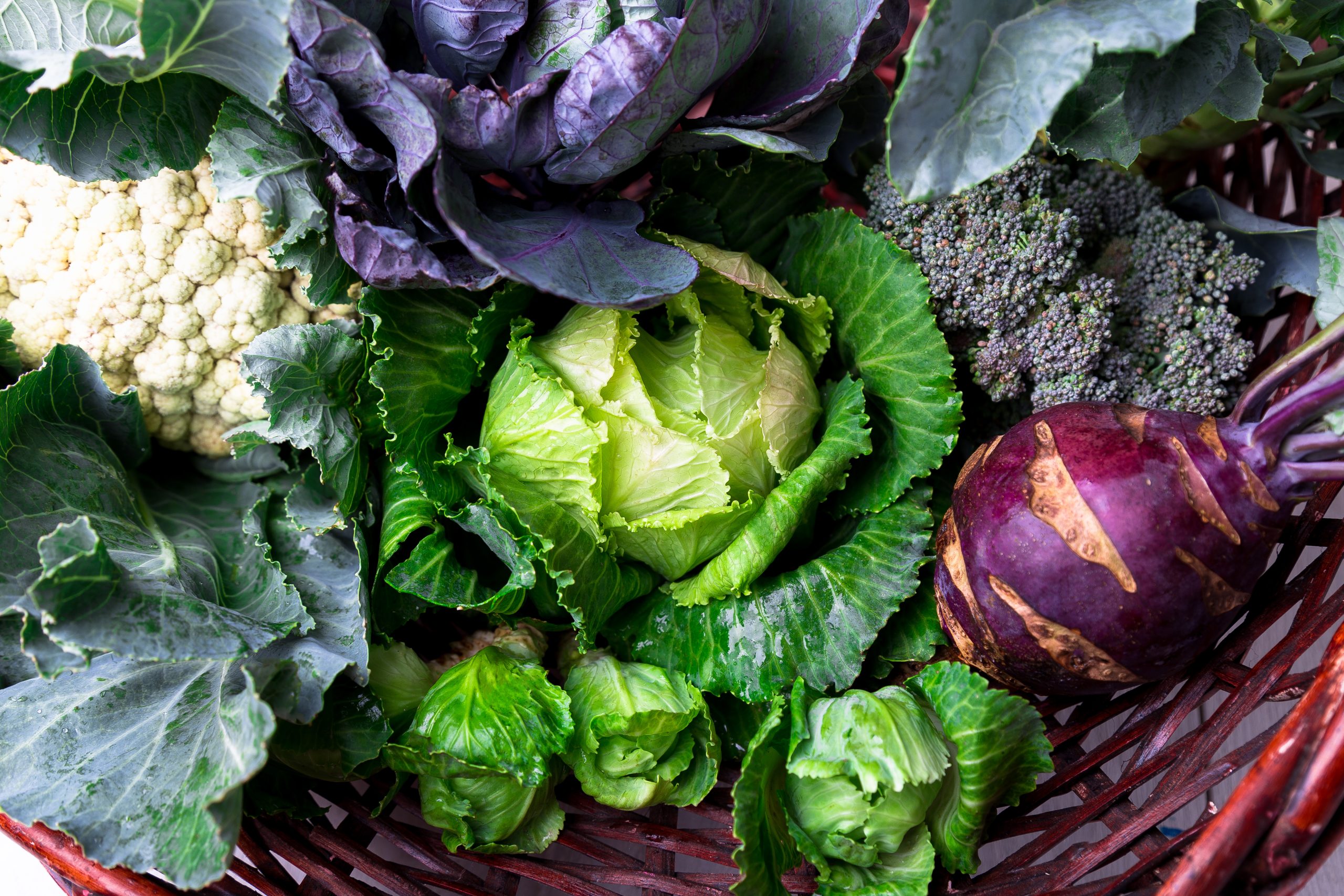Broccoli, kale, brussels sprouts, cabbage, cauliflower… what do all of these vegetables have in common? They’re mostly green, somewhat bitter and you’ve probably heard from your mom saying they are good for you. However, how much do you know about why these vegetables are good for you?
Let’s start with the very basics. All these vegetables, are known as cruciferous vegetables and are part of the Brassica family of vegetables. These vegetables all share similar nutritional properties:
Cruciferous vegetables contain phenolic compounds that act as antioxidants. This phenolic compounds play a crucial role in protecting the body from free radicals and help to prevent oxidative stress. Free radicals are unstable molecules in the body that can cause damage if there are too many of them – this condition is also known as Oxidative stress. During oxidative stress, the body is vulnerable to damage.
The compounds found in Cruciferous vegetables offer a wide variety of potential health benefits. The following are:
- ↓ Oxidative stress
- ↓ Inflammation
- Potentially ↓ tumour growth & progression
- ↑ Heart health
- Removing dead cells from the body
- Anti-viral defence systems
- Anti-bacterial defence system
- ↑ Blood sugar control
- ↓ Diabetes risk
- Improves carbohydrate metabolism
- Improves fat metabolism
- Improves cholesterol profile
- ↓ Blood pressure
- ↓ H-pylori infection risk
- ↓ tingling and numbness in hands & feet
- ↑ Kidney health
When it comes to including these vegetables in your diet, there are a wide variety of cruciferous vegetables to choose from.
It is vital to take note of how you prepare cruciferous vegetables. Just the process of chopping and chewing these vegetables already results in the breakdown of nutrients. Any form of cooking will further breakdown other nutrients and significantly decrease the bioavailability of the nutrients.
When it comes to cooking and preparation, it is best to cook them with minimal liquid and in minimal cooking time. Aim to sauté, roast or steam these vegetables for less than 10 minutes to preserve as many nutrients as possible.
When it comes to storing cruciferous vegetables, you can keep these vegetables at room temperature or in the fridge. It is, however, best to avoid storing these vegetables for too long, as the nutrients decrease significantly after seven days of storage. Cruciferous vegetables play a significant role in the natural detoxification process in the body. Some individuals need a little bit more help detoxifying than others.
To find out if you require more cruciferous vegetables to give your body’s natural detoxing ability that extra boost, make the better choice and choose EatwellgxTM+ today!

